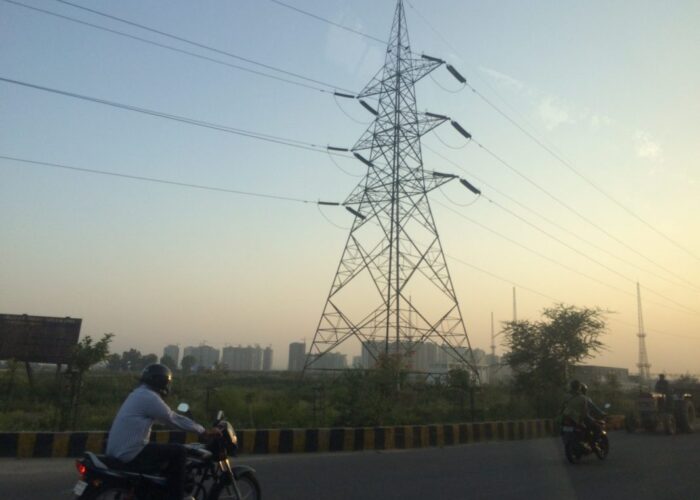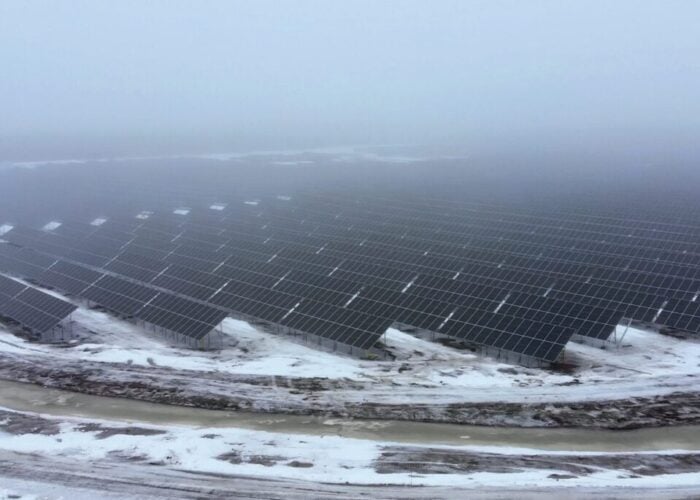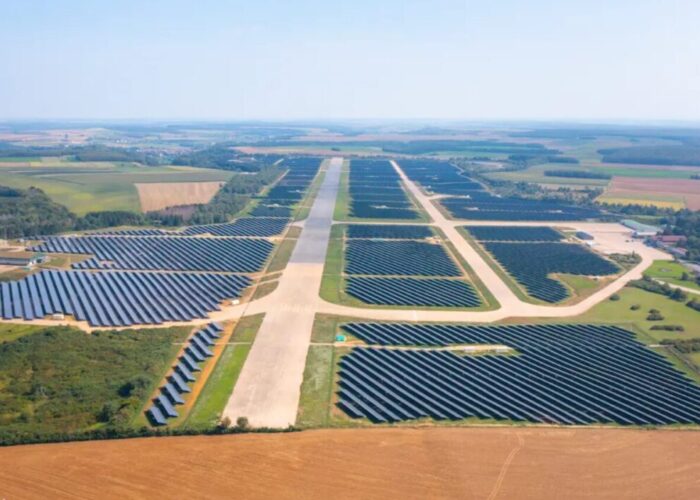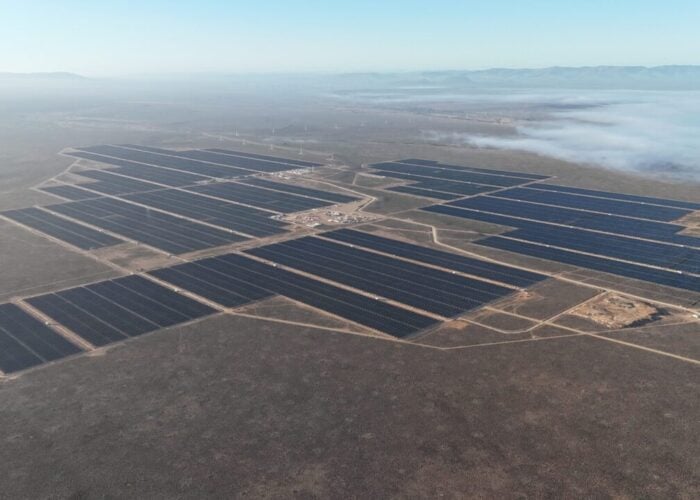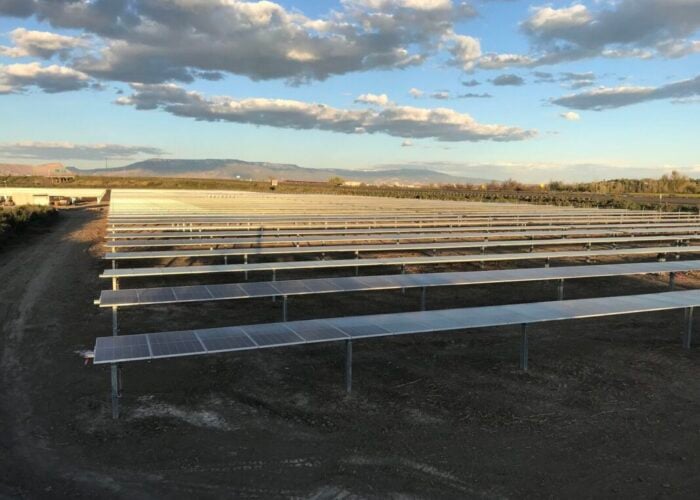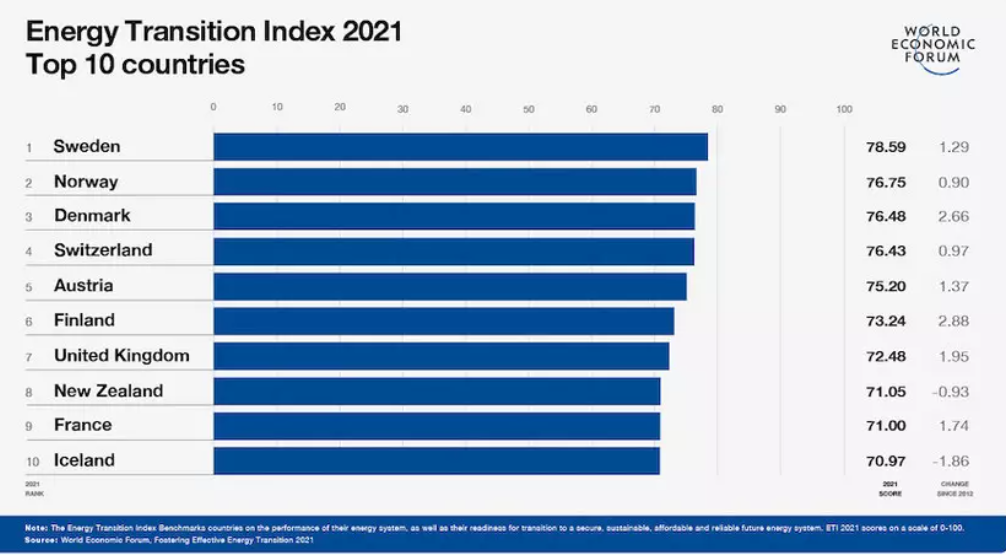
Despite dozens of net-zero targets being announced and deployment of renewable energy ramping up globally over the past year, just 10% of countries have shown “steady and consistent” progress in their energy transition plans, according to a new report from the World Economic Forum (WEF).
WEF said in its latest Energy Transition Index (ETI) that the global effort to move to clean energy sources “needs to increase its momentum” in order to meet targets set out in the Paris Agreement and UN’s Sustainable Development Goals.
Try Premium for just $1
- Full premium access for the first month at only $1
- Converts to an annual rate after 30 days unless cancelled
- Cancel anytime during the trial period
Premium Benefits
- Expert industry analysis and interviews
- Digital access to PV Tech Power journal
- Exclusive event discounts
Or get the full Premium subscription right away
Or continue reading this article for free
The WEF’s report sets out an annual score-card that assesses economic gains, environmental sustainability and reliable energy networks to “benchmark” countries’ performance as they work towards a decarbonised system.
It said that, although the global average of ETI scores has increased in eight out of the last 10 years, just 13 countries out of 115 assessed have made “steady gains” since 2011, and just 68 improved their score by more than two percentage points over the past decade.
This, WEF said, brings to light the “inherent complexity of the energy transition challenge”.
Nordic countries Sweden, Norway and Denmark retained their positions as the three highest-performers in the transition index, driven by “strong progress” in environmental sustainability, it said, adding that all 10 of the world’s leading economies have made “strong improvements” in that area, particularly in decarbonising their energy networks.
However, Roberto Bocca, WEF’s head of energy and materials, said that “speed and resilience” must be a key focus of the energy transition as countries take more action to reduce their carbon emissions.
“With the energy transition moving beyond the low hanging fruit, sustained incremental progress will be more challenging due to the evolving landscape of risks to the energy transition.”
The sentiment of WEF’s report echoes those of renewables trade bodies such as the Global Solar Council, which called for a “sense of urgency” this year to accelerate the energy transition. Likewise, DNV GL said last September that the global push to adopt renewable energy sources and move away from fossil fuels is “nowhere near fast enough” to meet the targets set out in the Paris Agreement. Just last month, think tank Ember warned that the world’s transition from coal power is moving “far too slowly to avoid the climate crisis”, noting that the world generated more electricity from fossil fuels last year than in 2015.
This is despite the fact that more investments were made into clean energy initiatives last year than every before, with global energy transition funding reaching US$500 billion for the first time, according to BloombergNEF.
The WEF pointed out that, while decarbonisation is moving forward in Nordic countries and in economically developed nations such as the US, Japan and UK, only three members of the G20 countries that sit in the top 20 of the ETI ranking system. Meanwhile, some countries’ energy mixes have increased in carbon intensity over the past decade, particularly in “many emerging economies in Asia and sub-Saharan Africa”.
Stephanie Jamison, a senior managing director at Accenture, which partnered with WEF to produce the report, said that grid resilience will be crucial for the global transition to green energy.
“The role of electricity in the energy system will increase significantly by 2050, which is a big transformation,” she said.
“While it is great to see renewable energy sources stronger coming out of COVID, there is still a lot more work to do to further progress the shift to net-zero carbon energy and ensure buy-in from a broad set of stakeholders.”

